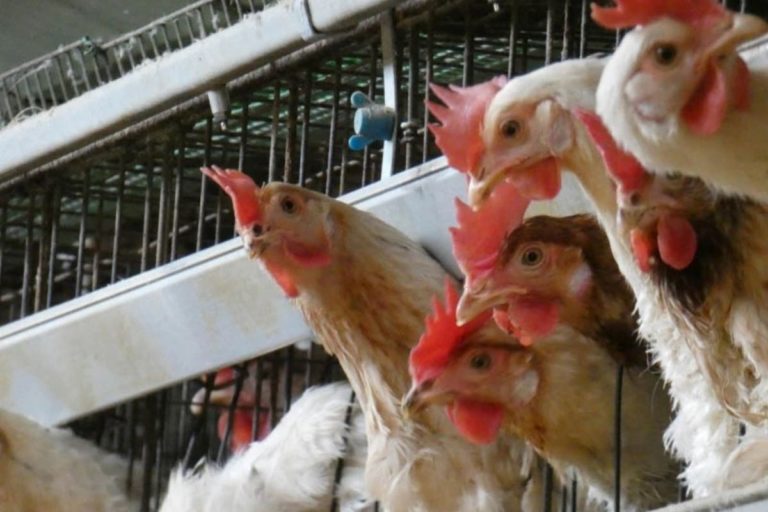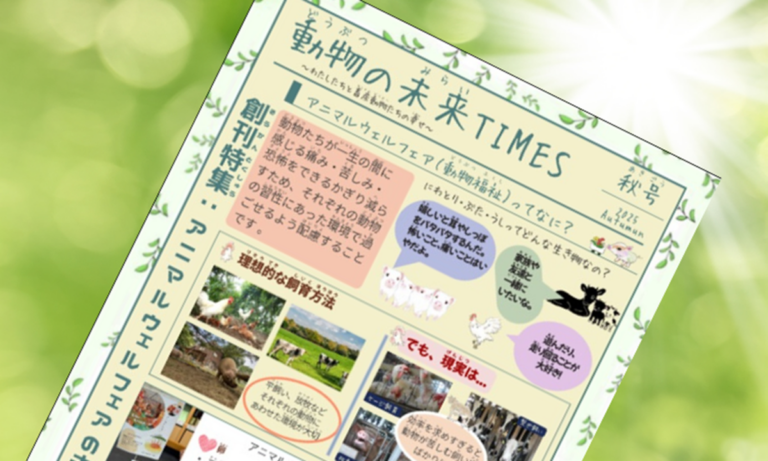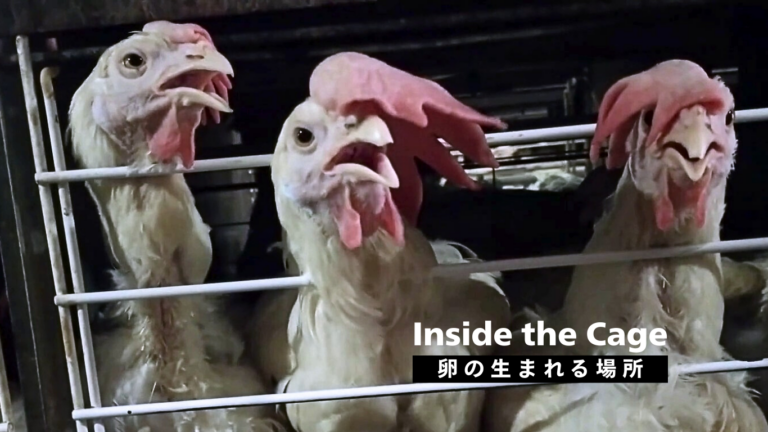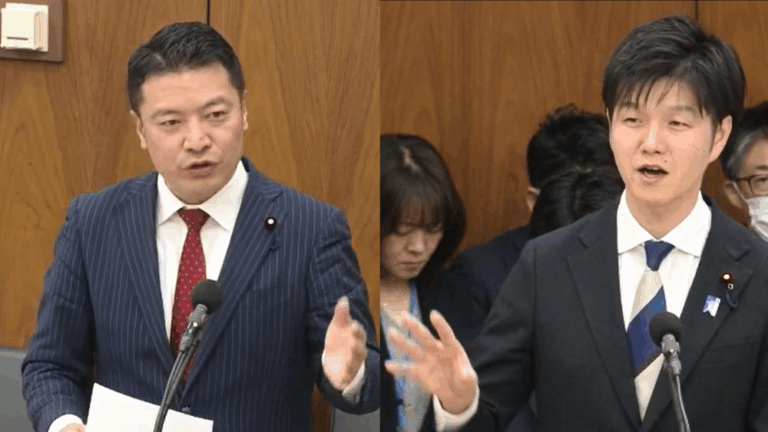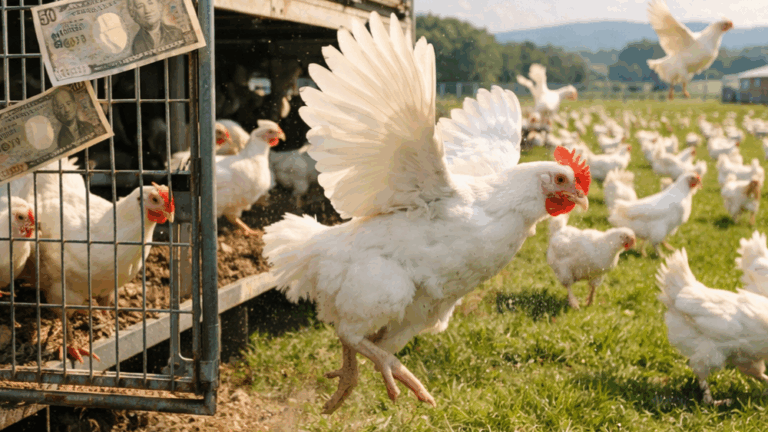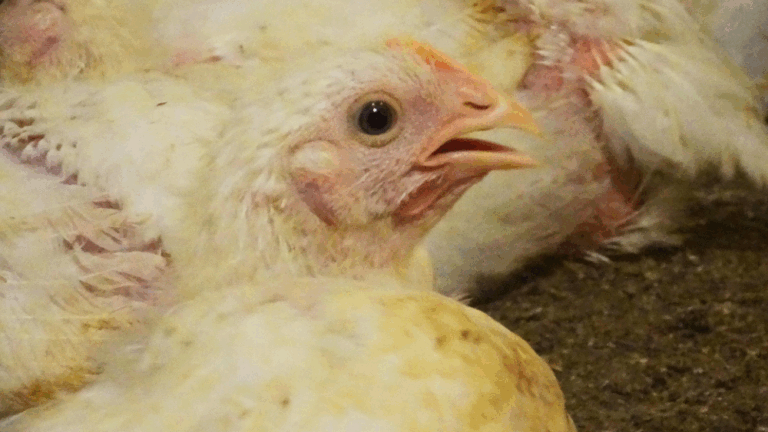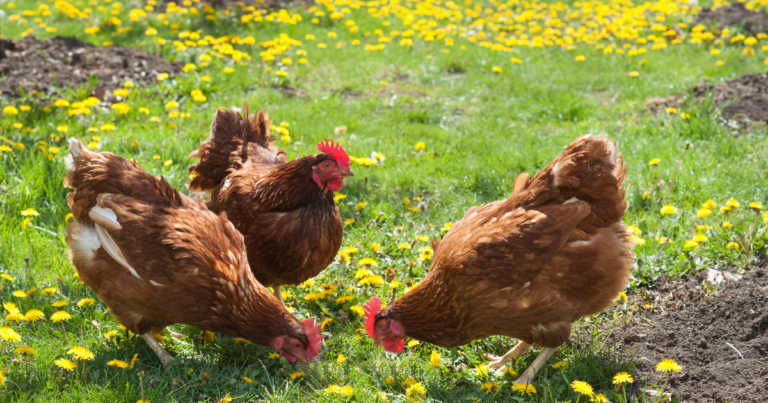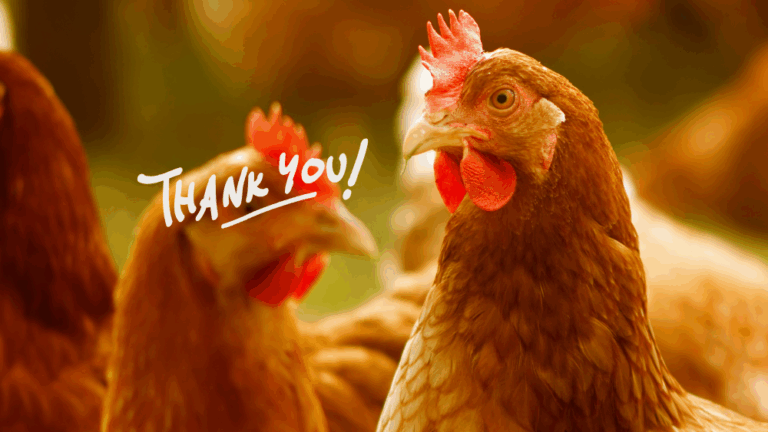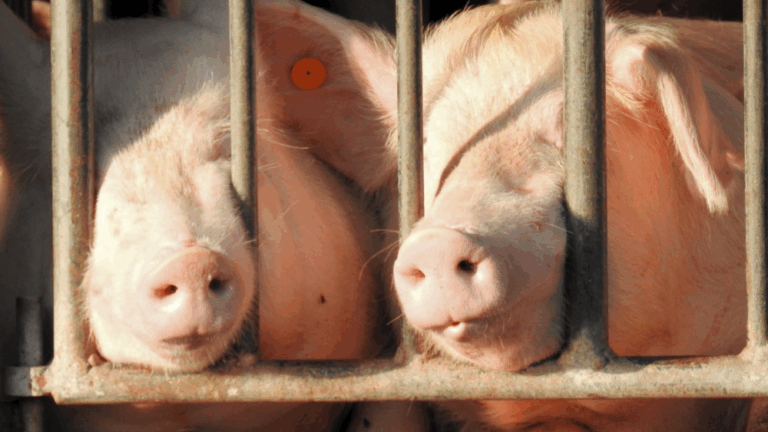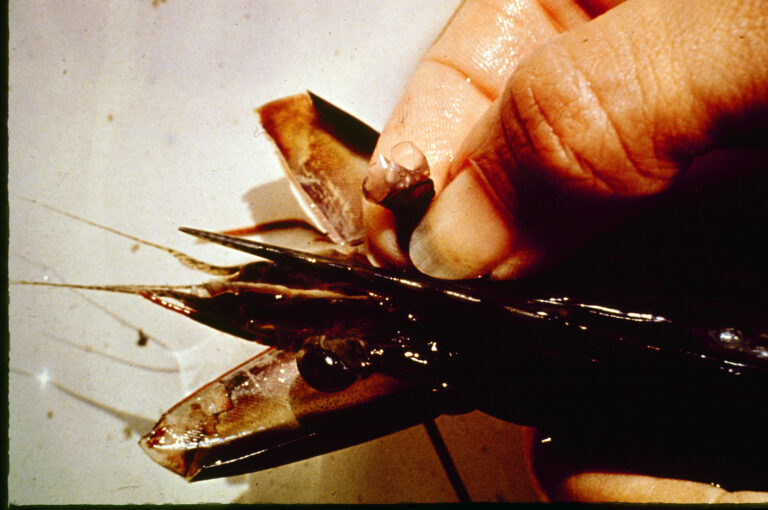A former representative (then president) of an egg poultry giant Akita Foods handed about 5 million yen in cash to Japan’s former Minister of Agriculture, Forestry and Fisheries, and had entertained the Cabinet Special Advisor Koya Nishikawa, on a cruise ship. This case is directly linked to the suffering of chickens.
The fact that the poultry industry and politicians profited means that there are those who suffer disadvantages, but the victims this time are the weak and the voiceless who do not speak human language; they are the chickens.
The OIE (World Organization for Animal Health) states that one of the guiding principles of animal welfare is that “The use of animals carries with it an ethical responsibility to ensure the welfare of such animals to the greatest extent practicable”. We believe that the essence of this case was abandoning this ethical responsibility altogether and prioritizing only one’s own interests using money.
Two suspicions
Akita Foods Co., Ltd. and the poultry industry wanted two things. One was to lower the OIE’s international animal welfare standards for egg-laying hens, by possibly manipulating the opinions submitted to OIE from Japan. The other is to make it easier for large-scale vendors to receive subsidies from the national treasury when egg prices fall. It’s unclear which one benefited from the slush fund, but there was the possible motivation to manipulate the party who received the fund. The person who received the bribe was the Minister of Agriculture, Forestry and Fisheries at the time, who had the absolute authority to move Japan’s Ministry of Agriculture, Forestry and Fisheries (MAFF). This article will focus on the former point about the attempt to lower the OIE standards.
Chickens world-wide would be afflicted
The OIE is currently considering animal welfare codes for laying hens, with a fifth draft having been proposed already. Japan’s comments to OIE on the second draft (September 2018) and the third draft (September 2019), and comments in-between in June 2019, may have been affected by the bribes.
Unfortunately, Japan’s comments have some evidence of influencing the OIE. This means continuing the battery cage rearing of chickens that the rest of the world is working to abolish.
In particular, the impact will be on regions with low animal welfare, regions lagging behind. Japan itself is one.
In countries with high animal welfare levels, the OIE welfare codes are likely less referenced. This is because the standards and guidelines in their own countries are stricter. However, countries like Japan tend to see the OIE welfare codes as the upper limit of animal welfare.
The development of OIE’s welfare code for laying hens is the most disputed. For example, the pig welfare code was finalized in the second draft. However, although COVID-19 may have extended the laying hen discussions by a year, the fifth draft has been issued and revisions have been made many times. Due to the extension, Japan has submitted comments to OIE many times.
The effort by Japan’s poultry industry was strange only for the case of the animal welfare code for laying hens. At the time of the pig welfare code, which was being considered until just before that, the temporary members of Japan’s OIE Liaison Council consisted of only animal welfare experts and did not include any direct stakeholders. However, at the laying hen review meeting, three companies and three stakeholders from the industry joined as temporary members, and all of them defended battery cages.
In particular, Mr. Shogo Akita, the son of Mr. Akita in the current whirlpool, who attended on behalf of Akita Foods and the Poultry Association, has made statements like “Due to selective breeding, they’ve become chickens that don’t perch on trees” and “In the case of a cage, grabbing the cage plays the role of a perch”, causing us to believe that him even participating in the discussions of animal welfare is inappropriate.
The Japanese government explained that it also listened to the opinions of consumer groups. In fact, three council members have made statements in the position of further improving animal welfare. However, they were never reflected in the comments actually submitted.
Japan’s attitude was very strong. Regarding installation of perches, nesting areas, dust bathing areas, and foraging areas, which are of course required if chicken’s habits are considered, Japan opposed not only the second draft requiring them, but also the third draft recommending them, requesting that the recommendations regarding whether or not to install them be altogether deleted. Japan’s Ministry of Agriculture, Forestry and Fisheries stated that the rationale for this deletion was simply that it was unnecessary because similar things were implied in a previous article, but that was an illogical excuse.
In addition, Japan repeatedly sent to OIE political opinions that balance should be considered because it is a “complex and multifaceted public policy issue that includes scientific, ethical, economic, and political aspects”.
These processes were so unreasonable and strange that we had raised questions previously. It seems clear that the opinions of the Minister and Cabinet Special Advisor at the time were reflected in the opinions and responses of the Japanese government, but we do not know if they will be guilty. However, the fact remains that Japan’s poultry industry continues to ignore the suffering of chickens, which it feeds on for its business.
Japan’s poultry industry seems to have been very scared of the world’s cage-free trend (companies shifting to cage-free eggs). However, cage-free and animal welfare improvements are a necessity for the poultry industry. As we are not pressing them to close the farms, they could have been an opportunity.
Finally, we believe that ethics is an issue that goes beyond economics. No one will be happy in a society where violence and the suffering of the vulnerable are rampant.


